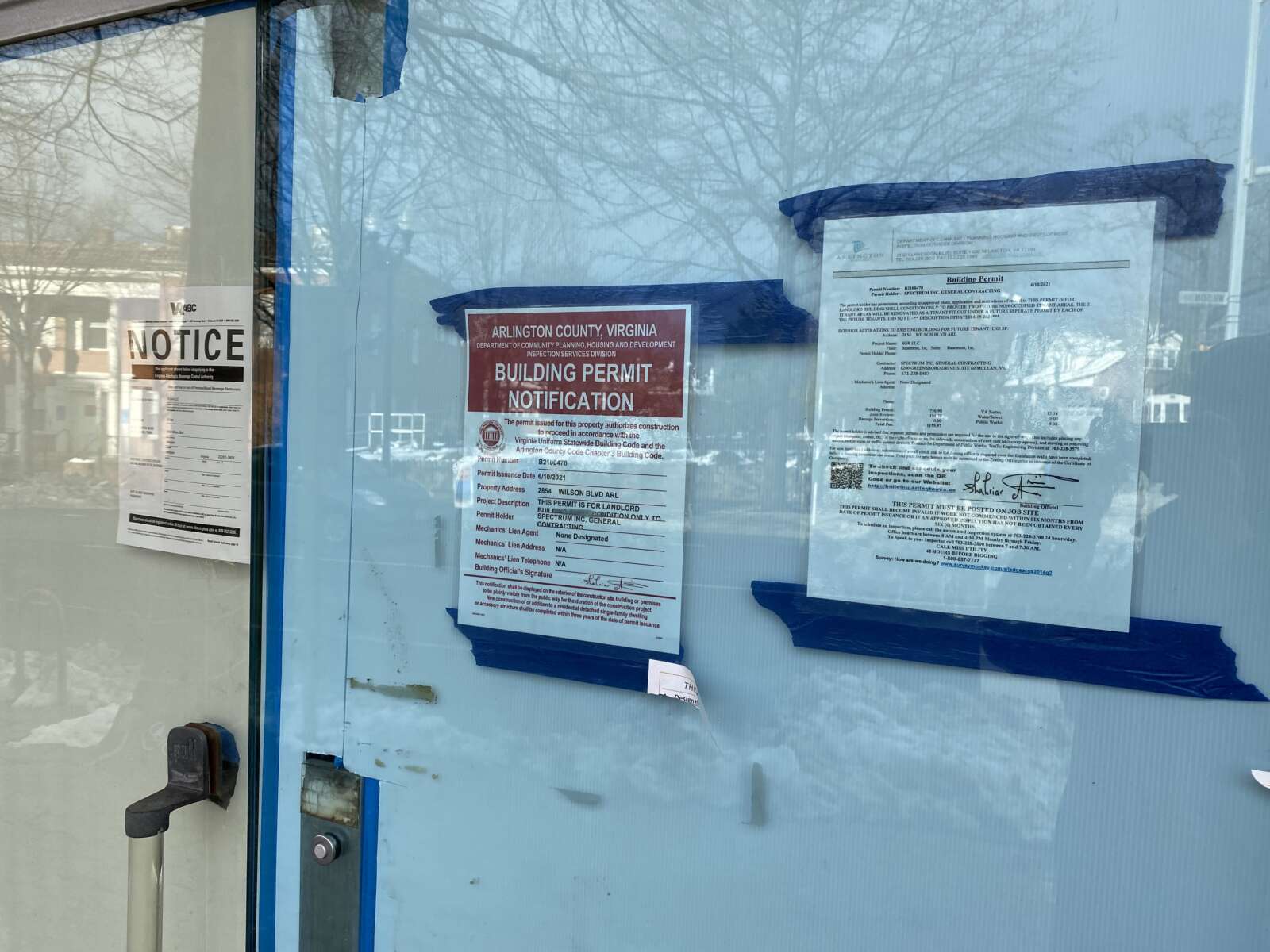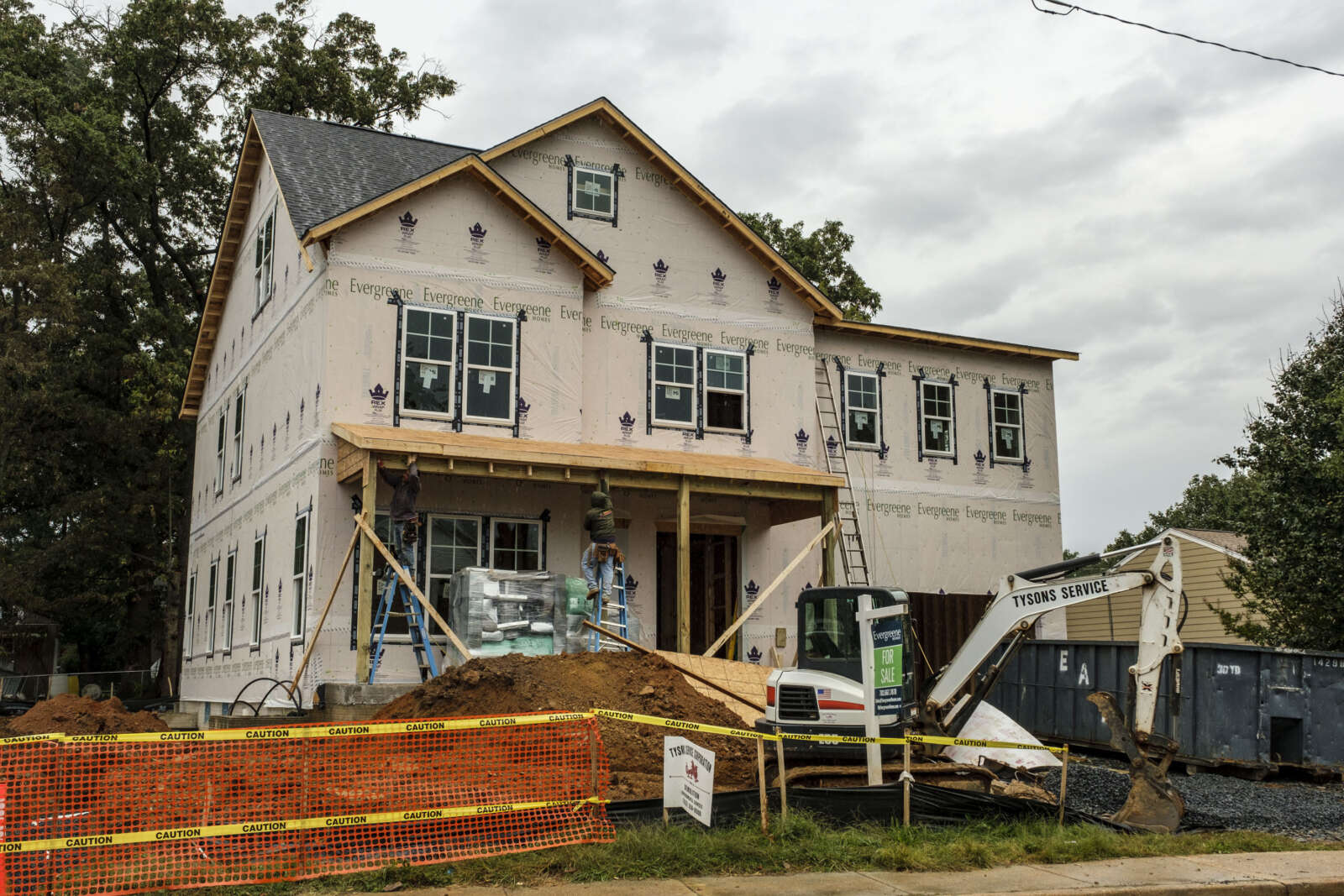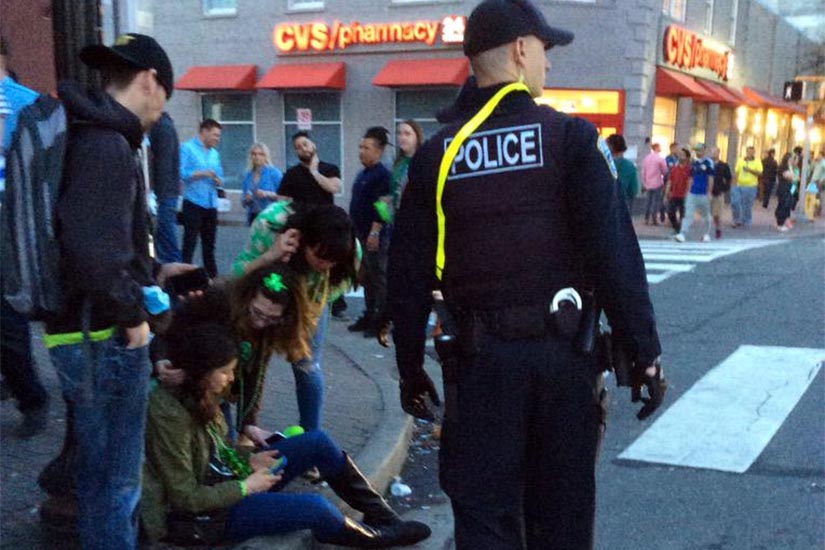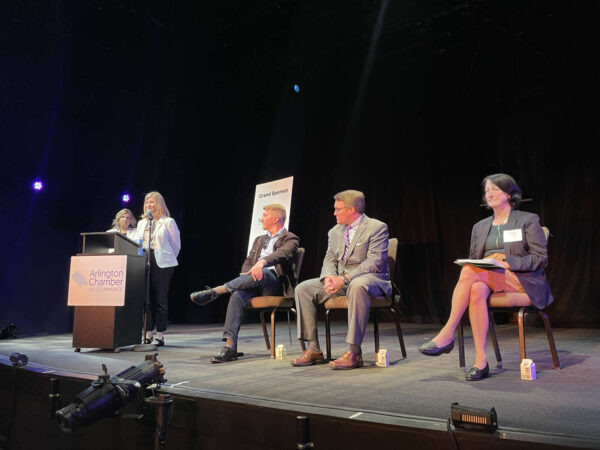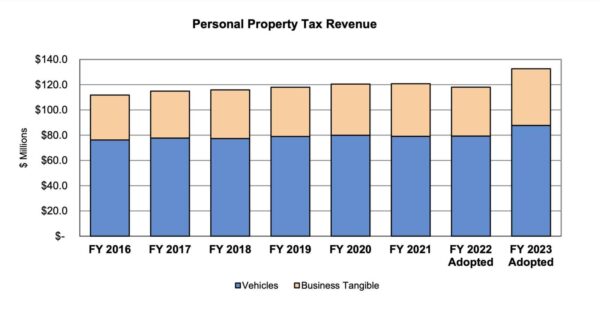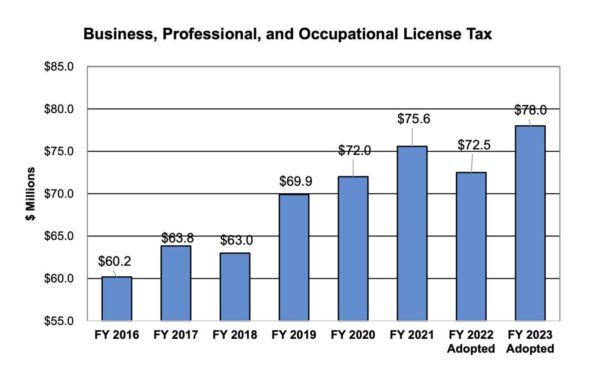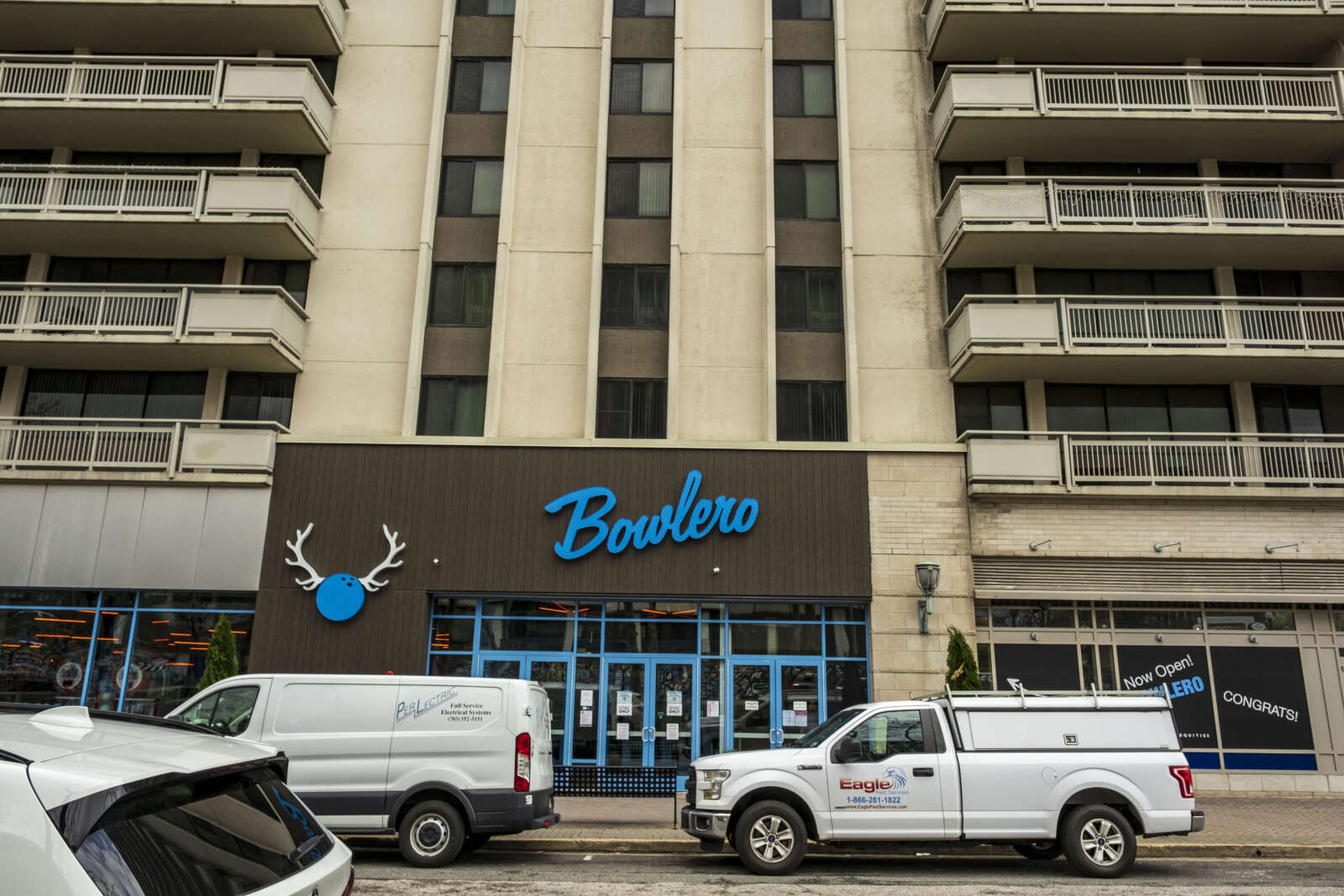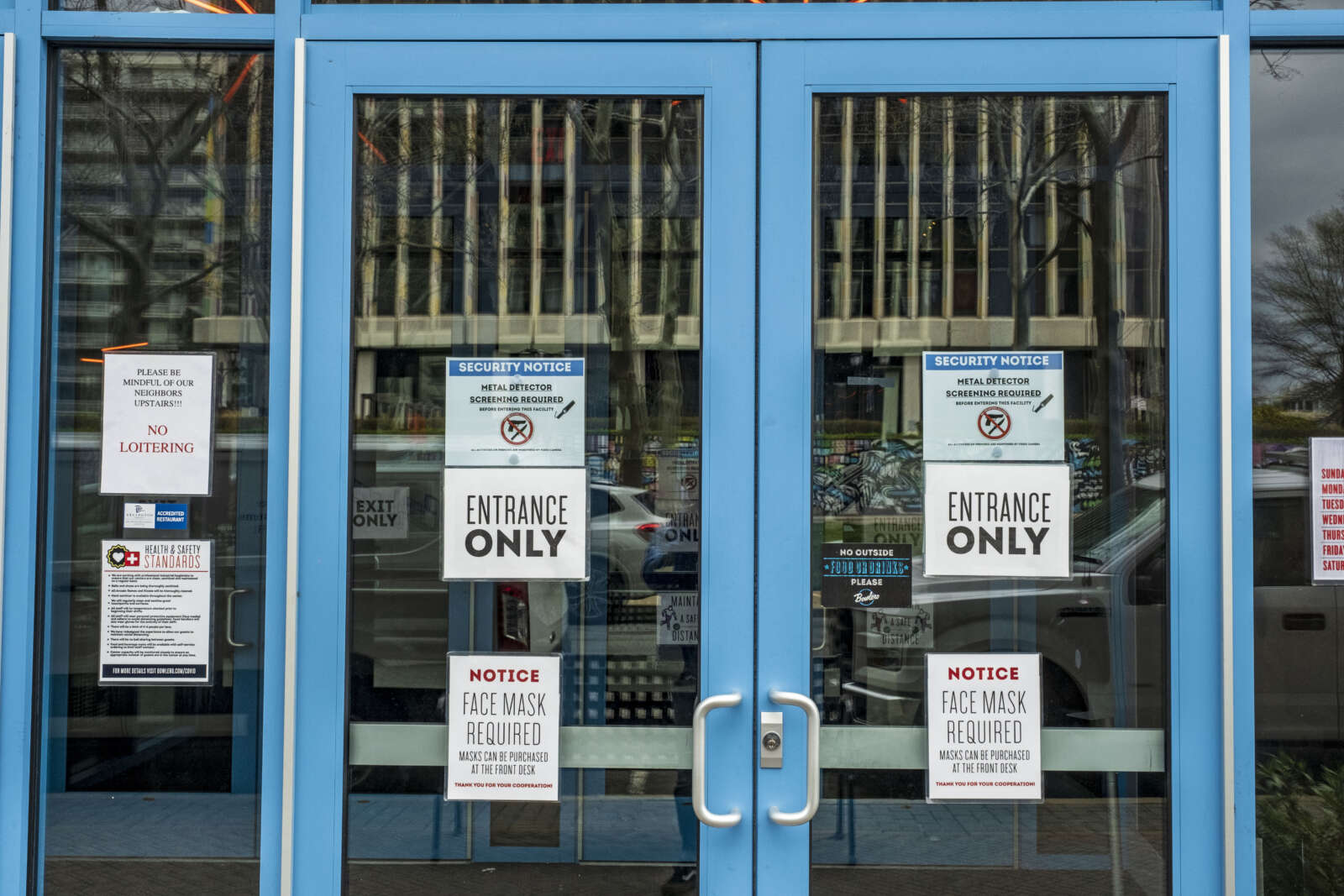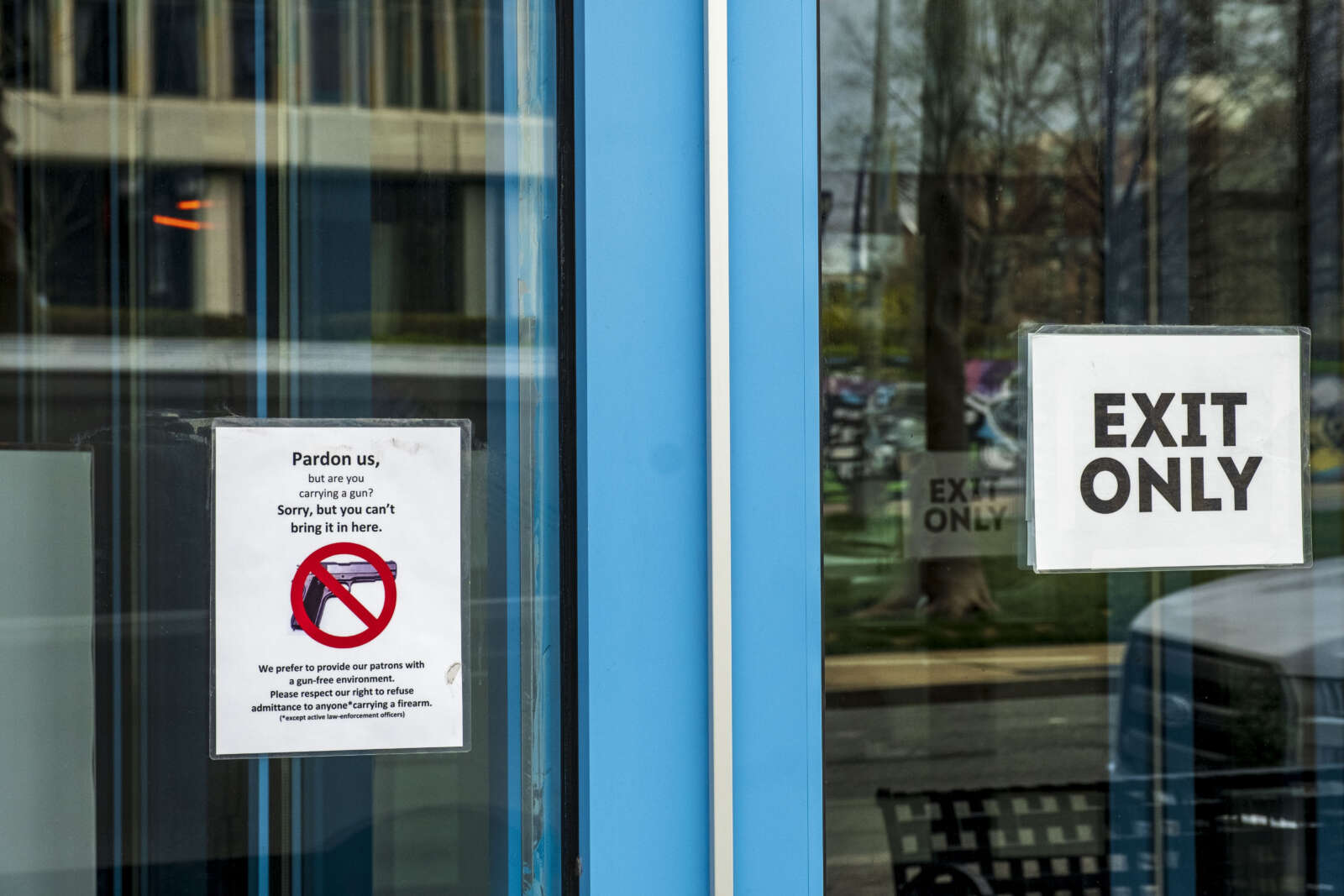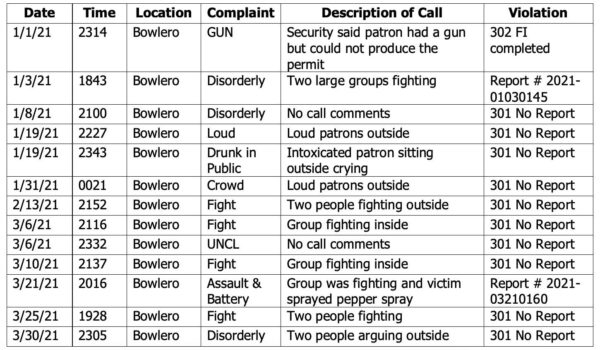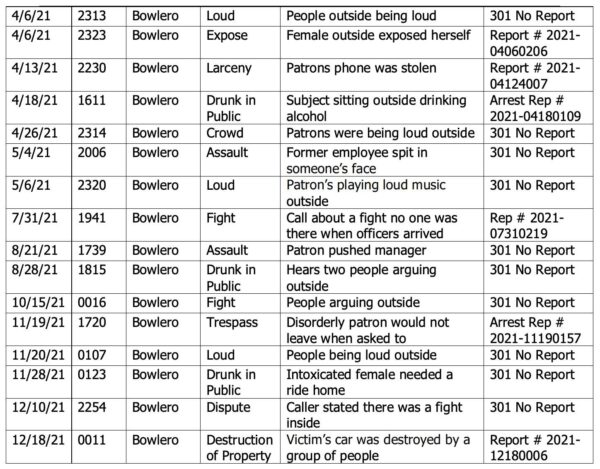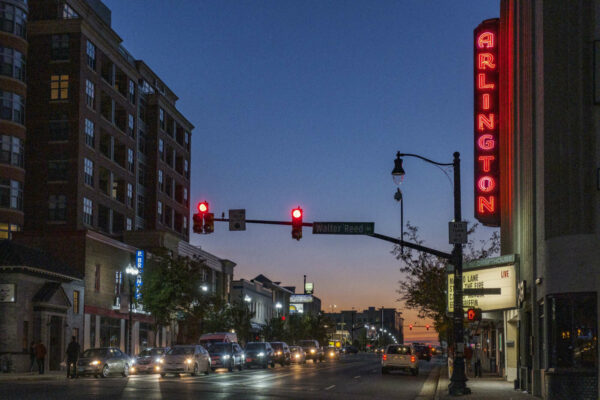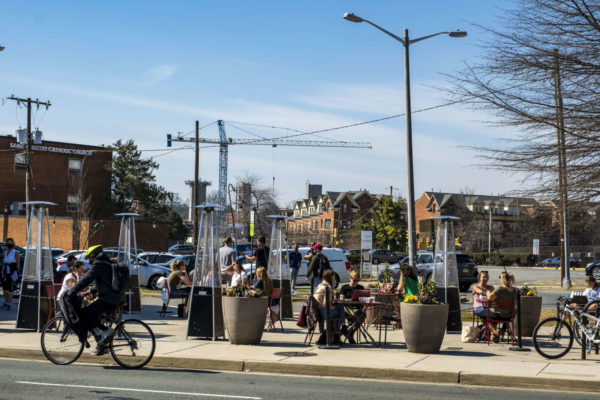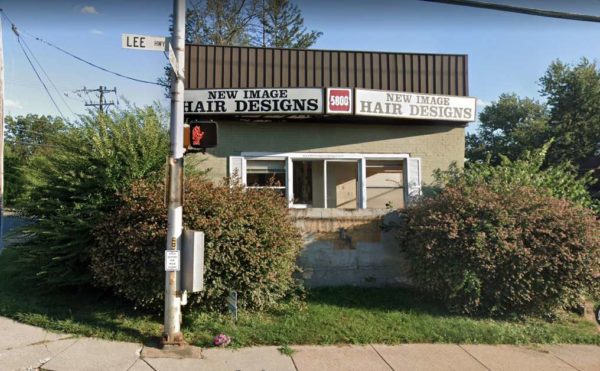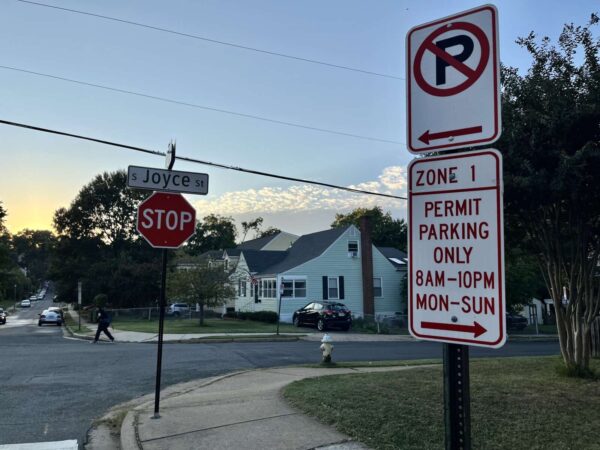
Residents will have to wait until May to apply for a permit to use on-street parking in their neighborhood.
Two weeks ago Monday, Arlington County opened up applications for its Residential Permit Parking program. RPP restricts parking in certain residential areas near commercial corridors, typically allowing residents and their guests to park during the day while those without permits have to look elsewhere.
Some one hundred applications were processed, but within hours some residents began experiencing issues.
A few reached out to ARLnow, frustrated about the platform timing out and otherwise not handling their requests.
The county informed RPP households on Wednesday, April 5 that it would be pushing back the start of the application season to the week of April 10, which was last week. Yesterday (Monday), the county told ARLnow it now aims to resume the online application process on the first of May.
“We are still working with our vendor to resolve technical issues with the online permit application system,” Dept. of Environmental Services spokeswoman Katie O’Brien said. “Due to these unresolved issues, we are now targeting the week of May 1 to have our RPP renewal applications available online.”
The vendor is Conduent, she said. The New Jersey-based company was previously a unit of Xerox.
“We apologize for the continued delay but want to make sure that the system functions correctly for our customers,” O’Brien said, noting that customers will be receiving an update as well.
Normally, the county would begin checking for updated parking permit stickers for the 2023-24 season on July 1. With the delays, enforcement will be pushed back to Aug. 1 “to ensure that RPP materials will get to customers well ahead of when they’re needed.”
Last year, some residents reported not getting their materials ahead of the start of enforcement. They were worried they would be ticketed for not having documentation, though they said they had applied and paid for the stickers. Arlington County issued some temporary tags that people could use until their materials came.
Residents need to apply in advance to allow for enough time for the materials to be printed and sent out, but some were impacted by a delayed printing order, ARLnow was told at the time. Last year, the application process was also delayed, to allow extra time to fine tune what was then new software.
For those wishing to place orders immediately, in-person application and renewal services are available in Room 214 at the county government headquarters, located at 2100 Clarendon Blvd, O’Brien said. Hours of operation are Monday through Friday from 8 a.m. to 5 p.m.


